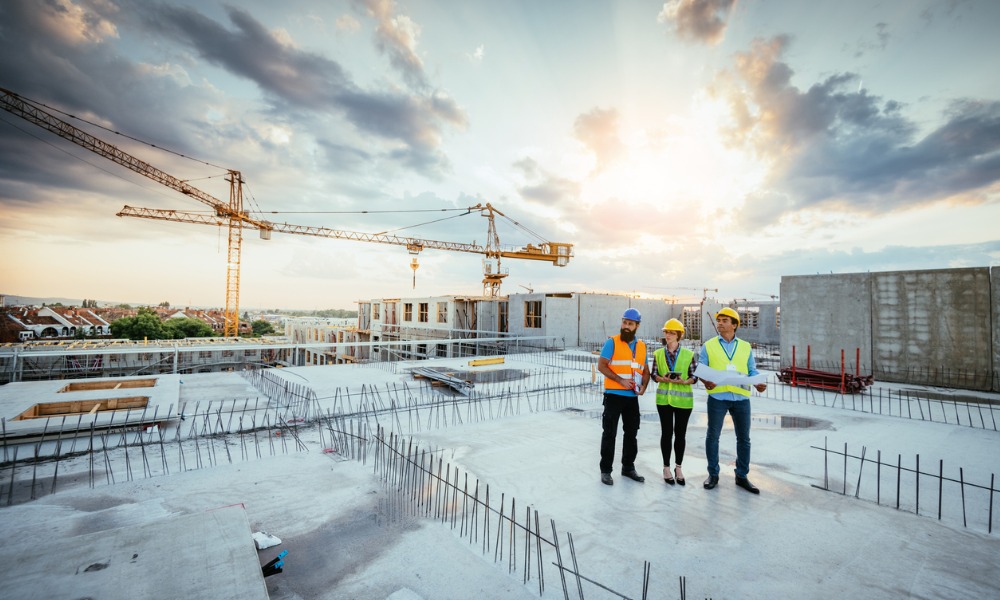
Over half of workers' compensation claims in Alberta come from new workers, says safety group

First-year workers seem to be experiencing the dangers of the construction space in Alberta, according to one group.
Overall, more than 55% of all Workers Compensation Board (WCB) claims in Alberta’s construction industry are injuries to first-year workers, notes the Alberta Construction Safety Association (ACSA).
"They're vulnerable because they're trying to make a name for themselves," says Mark Hoosein, ACSA CEO, in a CBC report.
"They're trying to get good work done. And sometimes they just want to make sure that they put forward a very good effort without taking the time to potentially ask questions."
Currently, the province’s construction industry is facing a massive labour shortage.
BuildForce Canada forecasts Alberta will need to replace almost a quarter – or 42,500 of its 2023 workforce – by 2033. Meanwhile, numbers from Statistics Canada suggest that the construction job vacancy rate jumped to 6.7% in 2023. Historically, it has never exceeded 3.5%.
ACSA projects that the youth can fill the gap.
“While the province’s younger population seems promising in closing the gap, encouraging them to enter a career in trades is directly tied to their perception of the elevated risk associated with construction,” says ACSA. “There are also challenges for small employers or owners/operators. They have minimal resources and multiple responsibilities—from safety to project management and day-to-day operations.”
Recently, in a bid to address the growing need for skilled labour in the construction industry, Quebec introduced a series of construction trade camps aimed at attracting and training new workers.
Worker injuries, overall, are down in Alberta. Hoosein said that is, in part, because of the COR certification, a health and safety management system. The uptake for the national program has been highest in Alberta, he says, according to CBC.
But Hoosein said it can always get better.
"There's a lot of work to be done and, seemingly, fewer and fewer workers."
Currently, more than two-thirds of the construction workforce are concerned about their psychological health and safety, according to ACSA.
More than three in five employees across the world have never received training on occupational safety and health despite emerging risks and challenges in the workplace, according to the World Risk Poll 2024 Report.